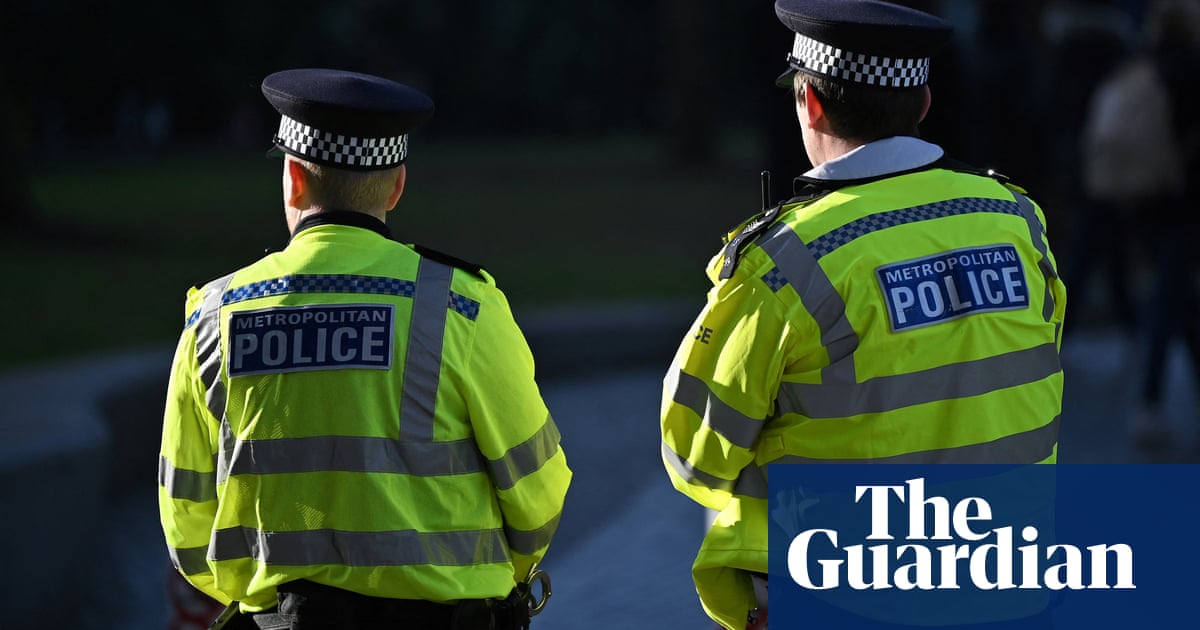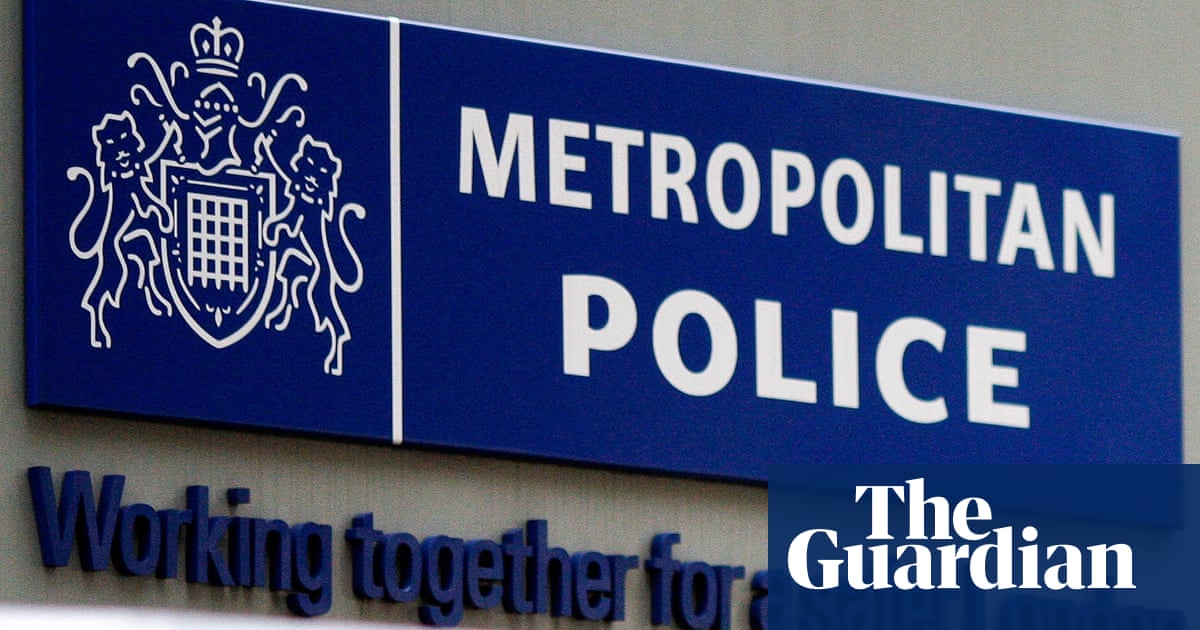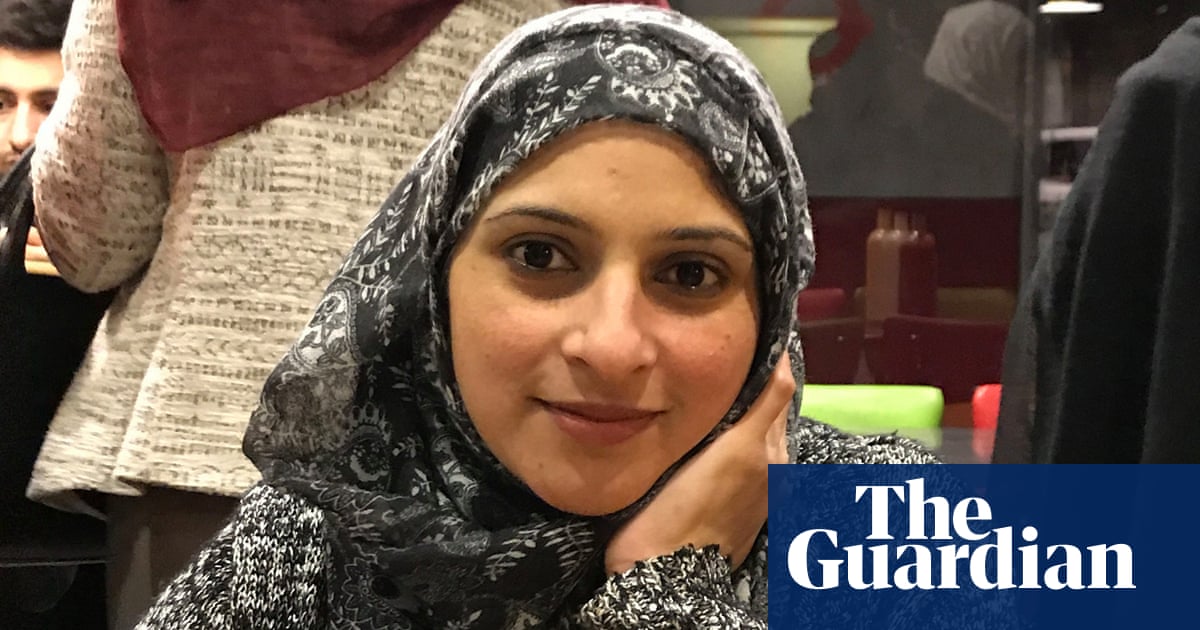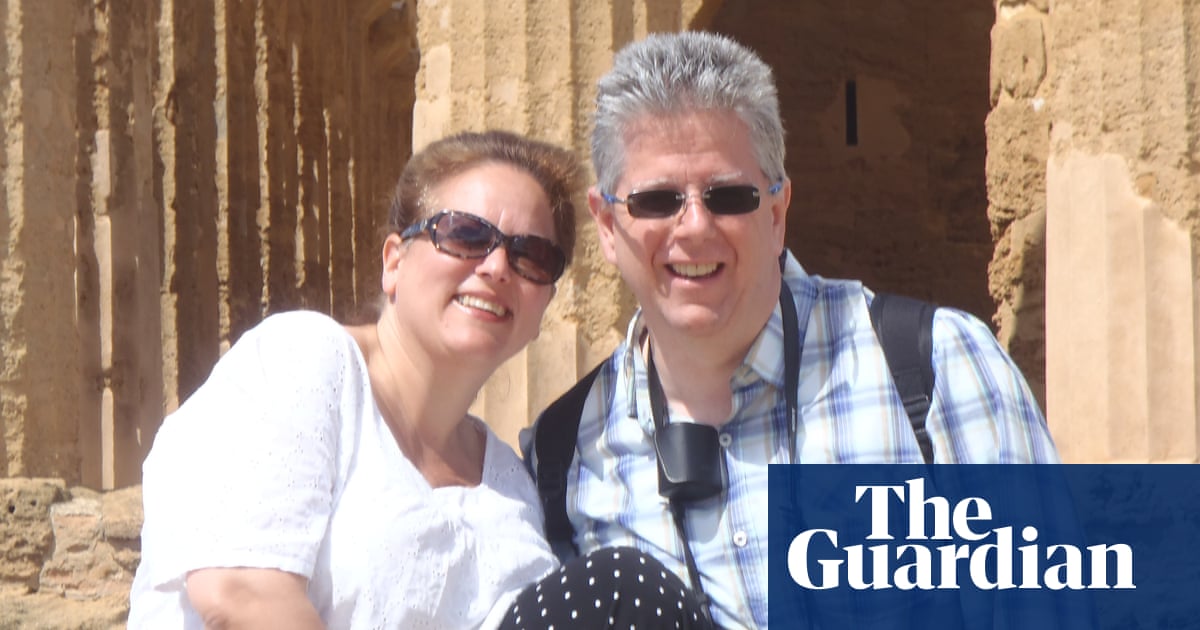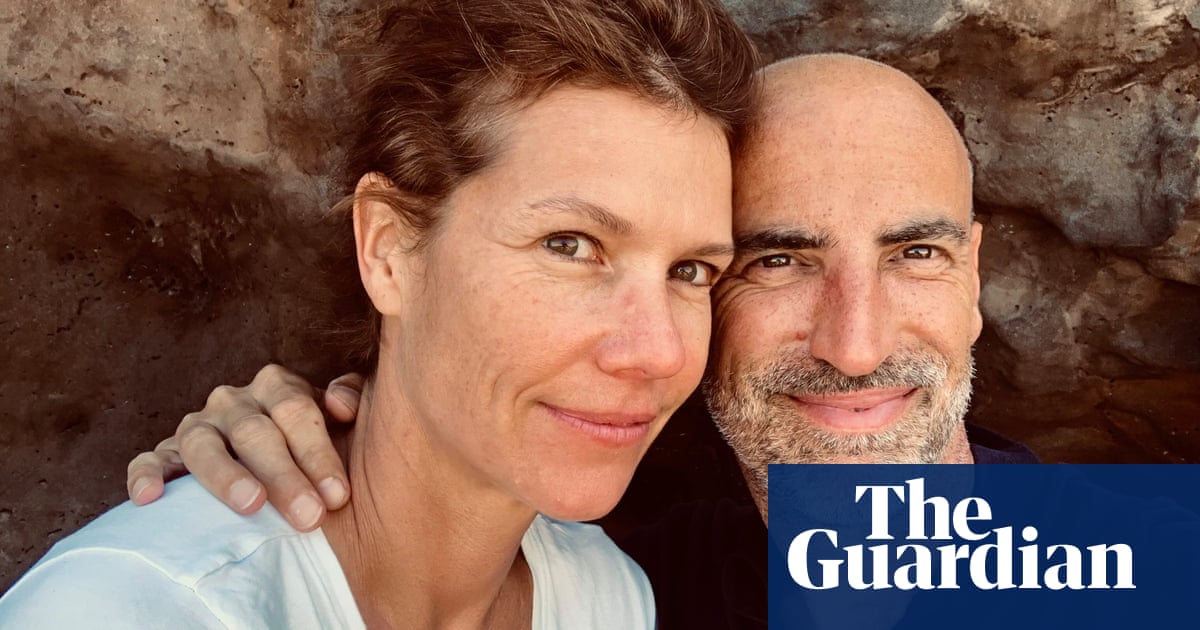
Police have admitted that forcing Muslim women to remove their headscarves at UK airports could be unlawful, a practice likened by one victim to being made “to remove her top”.
In an out-of-court settlement, the Metropolitan Police has conceded that when it coerced a woman to take off her hijab so officers could photograph her, it was a breach of her human rights and violated the woman’s right to religious observance.
A transcript of a recorded interview with the 25-year-old woman, known as Asiyah, and male officers at Heathrow airport in October 2018 reveals that police told her that “we can take photographs that we need by force”.
The officers were using a controversial counter-terrorism power known as schedule 7, which allows individuals to be stopped and searched at UK airports and ports without there being grounds for suspecting the person of involvement in terrorism. It is an offence if an individual fails to answer questions or does not comply with requests such as removing a headscarf.
Advertisement
In the transcript, officers tell Asiyah: “You might end up being arrested because you wouldn’t let us take a photograph of your hair.”
Asiyah, who was travelling with her family to visit a sister in Bahrain, explained that she was “uncomfortable” with the request to remove her hijab, but said an officer had claimed she was not identifiable while wearing it.
The transcript shows the officer saying: “I have no idea [of] the positioning of your ears on your face. Like, you might not even have any ears. We don’t know what you look like.”
Human rights group Cage says it has seen a number of similar cases, which could suggest an undisclosed strategy by police to target Muslim women at UK airports.
Guardian Today: the headlines, the analysis, the debate - sent direct to you
Read more
“It is clear the police knew they were discriminating against Muslim women and therefore opted to settle, in order to avoid Asiyah’s case setting a precedent for other women who have had their hijabs forcibly removed,” said Muhammad Rabbani, managing director of Cage. “It’s high time schedule 7 was scrapped.”
The case was won after Asiyah brought a judicial review against the Met following the incident at Heathrow. Her witness statement describes how the threat of force by officers terrified her.
“An image came into my head of me on the floor, with female officers surrounding me, trying to put handcuffs on me and pulling my hijab off my head and a lot of screaming.”
For me, it feels the same as if the police had taken a photo of me naked. I felt my dignity had been taken away
"Asiyah"
Asiyah, born in London, said that being told to remove her hijab by the two male officers present was like being told to get naked.
“For any woman who does not wear hijab, it would be the equivalent of two men telling a woman to remove her top so they can take pictures of her. The fact they were men insisting I did this made it even worse and embarrassing for me. It is part of the purpose of the hijab to preserve yourself from the gaze of men.”
Following the case, when the Met agreed to pay £15,000 in damages, the Home Office has yet to issue fresh guidance on the issue or address the concerns of women such as Asiyah.
Among the other cases received by Cage is that of Summayah, who was travelling in a wheelchair and feeling ill when she was stopped at Gatwick airport after a holiday in Turkey and taken for questioning.
“The final blow was asking me to remove my hijab. By that point, I had been interrogated for over an hour. I felt sick, like I was going to pass out.
“They threatened me with arrest if I didn’t comply and remove my hijab, so they could take pictures. I felt so dehumanised. This has had a very complex impact on my mental health and life.”
Anne McMurdie, a solicitor at Birnberg Peirce, who represented Asiyah, said: “Stopping people on a suspicionless basis and intruding on their religious observance and private life without any reason is an abuse of a power, which is already very draconian”.
Despite her victory, Asiyah, who agreed to remove her hijab because she felt “bullied and pressurised”, said she remained concerned that the photographs might have been widely circulated.
“I keep thinking how men might be looking at me without my hijab, and I wonder how many times a day they are being viewed and how many different men are viewing them. For me, it feels the same as if the police had taken a photo of me naked that was then being looked at by male police officers or maybe male members of the security services. I felt my dignity had been taken away and I had been stripped.”
McMurdie said: “There is nothing to prevent them sharing [the image] with others like the security services. There is nothing in the law to regulate how long it is kept for, who can view it, who it is shared with. One of the evils with this is that the abuse continues.”
Cage recently wrote to the all-party parliamentary group on British Muslims urging it to investigate the “discriminatory” practice of removing hijabs during border checks.





